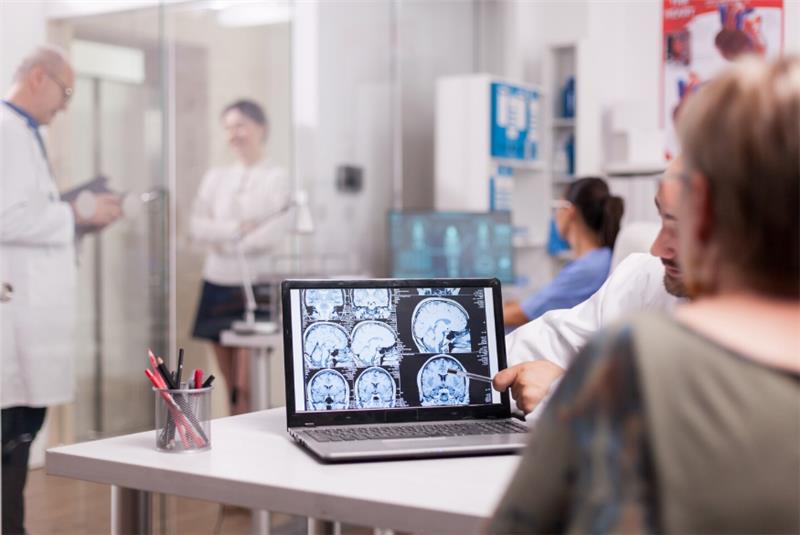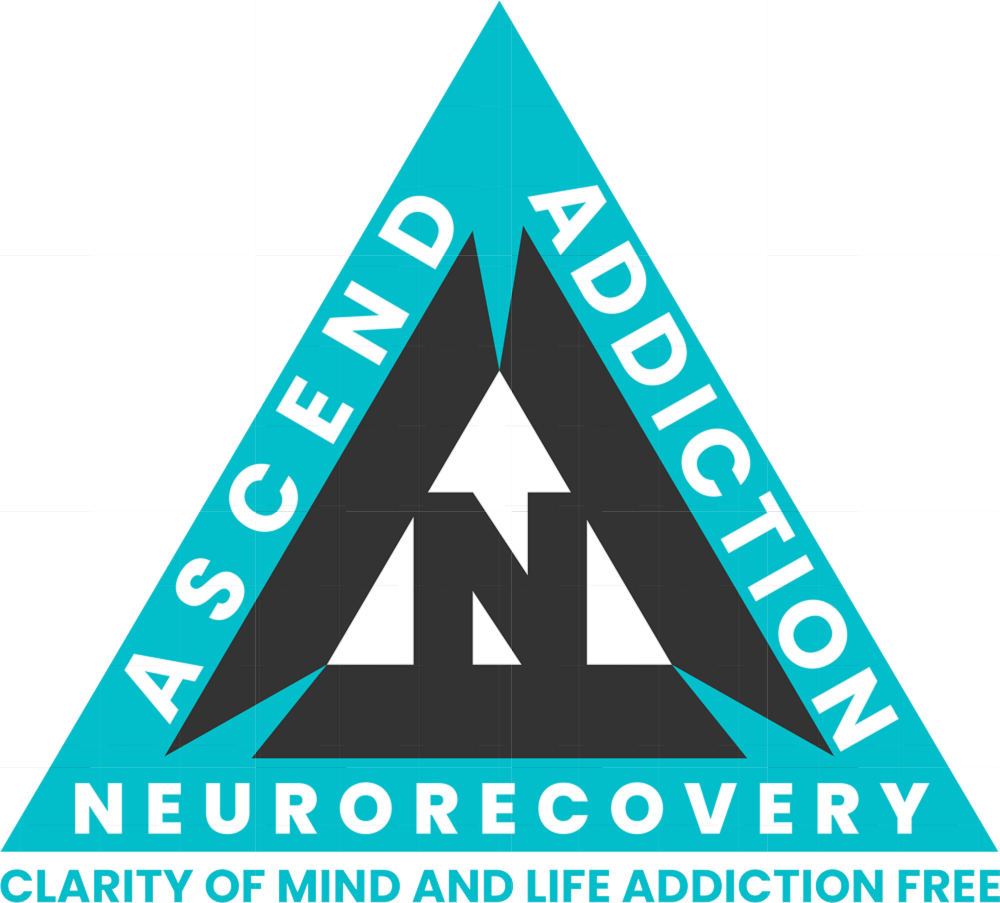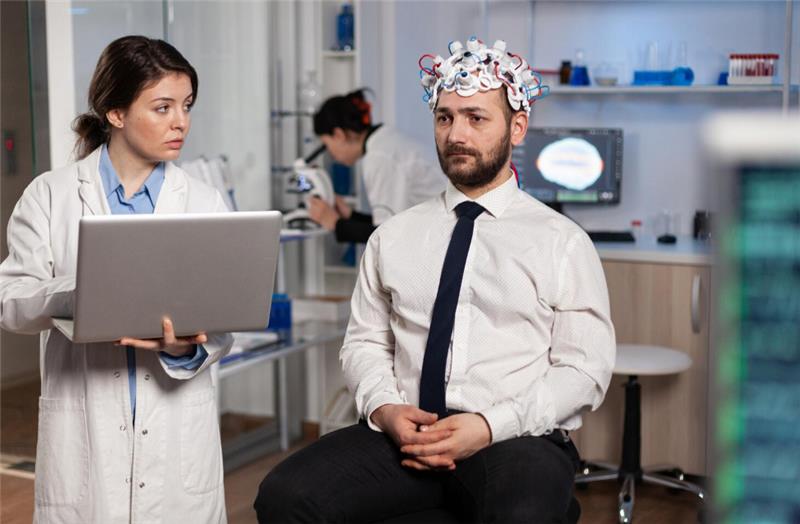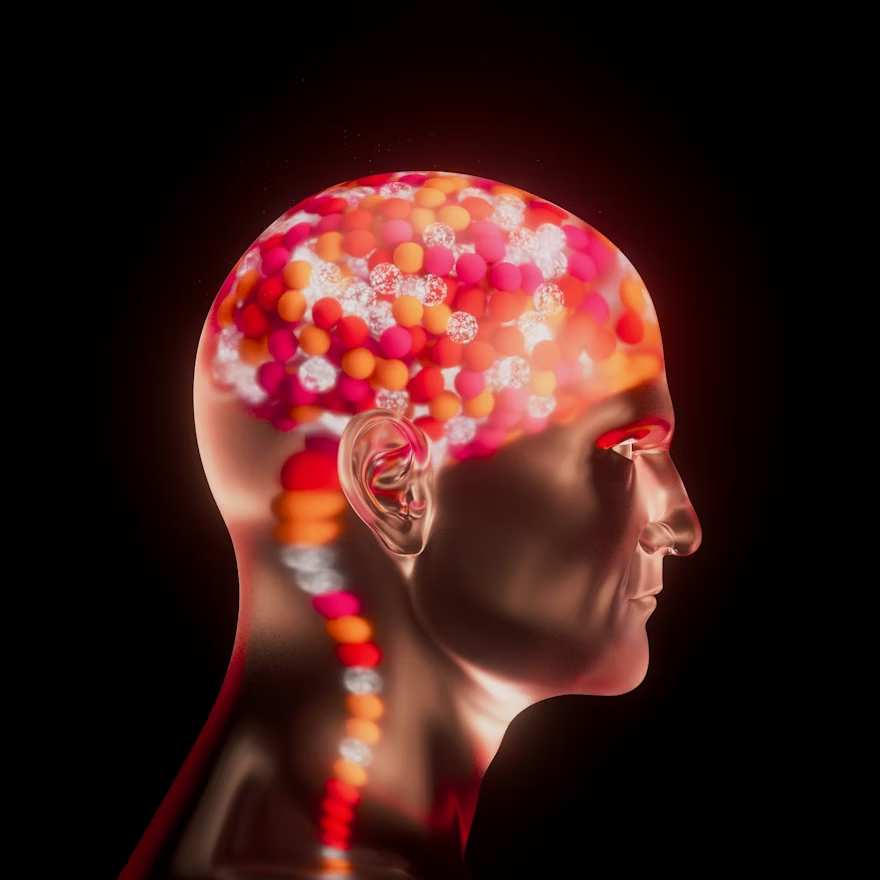
If you or someone you love has gone through addiction treatment, you know how hard it is, not just to get clean, but to stay clean. You’ve certainly heard of typical treatment programs and how they function. They often include group meetings, 12-step programs, talk therapy, and maybe time in a sober home. For some, that’s enough. But for many others, especially those who relapse often, something feels missing.
That’s when neurorecovery comes in. This is a revolutionary, science-based way to treat addiction that goes beyond just changing behavior. It works on the brain itself. If you’ve ever wondered why some people seem to be locked in a cycle of relapsing and getting better, this might be something you should pay attention to. Neurorecovery is helping people finally break free, and stay free, for good.
Let’s talk about why that is.
Traditional Rehab Focuses on Behavior, Neurorecovery Focuses on the Brain
The biggest difference between traditional rehab and neurorecovery is the focus.
Changing how people act on the outside is a common goal of traditional recovery programs. Think: “Avoid the people, places, and things that trigger you.” This is a useful method, but it’s not the whole picture. It doesn’t always address the deeper issues that lead to addiction.
Neurorecovery is a modern form of neurorehabilitation. It focuses on rewiring the brain through targeted, evidence-based practices. Years of drug use build strong brain patterns that fuel addiction. Neurorecovery helps establish new pathways that help you develop healthy behaviors, control your emotions, and heal over time.
It’s not just about managing cravings; it’s about changing how your brain responds to stress, pain, and temptation.
Neurorecovery Blends Science with Therapy, and That Combo Works
Neurorecovery is strong because it integrates neuroscience with proven therapeutic methods like:
- DBT (Dialectical Behavioral Therapy)
- Mindfulness and meditation
- Physical wellness and holistic healing
Neurorecovery doesn’t just have you sit in a circle and speak about your history, which is a good thing to do. It also goes into how your brain processes those memories. It teaches practical tools to calm your nervous system, manage your thoughts, and stay present in difficult moments.
This method goes beyond talk therapy by looking at how the brain handles emotions, stress, and trauma. It’s this blend of brain science and therapeutic rehabilitation methods that leads to deeper transformation.
Traditional Rehab Is Often One-Size-Fits-All. Neurorecovery Is Personal
Let’s be honest, many traditional rehabs feel like a revolving door. You check in, go to the same group sessions as everyone else, stick to a set schedule, and depart after 30 or 60 days. While structure can be good, it often lacks personalization.
Neurorecovery programs, such as the one at Ascend Addiction NeuroRecovery, are considerably more tailored to each person. Each person’s brain, history, and addiction are different, so the treatment should be too.
That means:
- Fewer clients per staff member
- Customized treatment plans
- Targeted brain-based therapies
- One-on-one coaching and support
When you really feel seen, heard, and understood, it’s a very different feeling from just being another number on a rehab list.
Neurorecovery Helps You Understand Why You Use, And What to Do Instead
Here’s a big one: self-awareness.
Sometimes, traditional therapy is so focused on “just stop using” that it doesn’t talk about the “why.” Why did you start in the first place? Why do certain emotions or situations make you want to escape? Why do you keep doing the same things over and over again, even when you want to change?
Neurorecovery helps you dig into those questions. And more crucially, it offers you the tools to act differently.
You learn:
- How your brain reacts to stress or trauma
- Also, how can emotional pain trigger an old habit
- How to learn new ways to deal with problems that work
That kind of insight builds a strong base, not just for getting sober, but for living a better life afterward.
Neurorecovery Respects the Long-Term Nature of Recovery
Ongoing brain training, coaching, and therapy help recovery last far beyond a 30-day program. Biology, psychology, and the environment all have a role in this complicated problem, and it needs long-term help.
Neurorecovery is meant to bring about long-lasting change. That is why programs such as Ascend Addiction NeuroRecovery frequently provide continuous coaching, therapy, and brain-based activities to clients long after they have completed formal treatment.
The goal isn’t only to “get through rehab.” It’s also to “live a life you’re proud of” without always fighting temptation or being afraid of going back to drugs.
It Works Especially Well for People in High-Stress Careers
Stress hurts the brain, but it’s often overlooked in addiction treatment. People who work in oil, gas, construction, or other high-pressure jobs often carry heavy emotional loads, but rarely get the tools to process them.
That’s why neurorecovery is especially effective for these individuals. Programs like Ascend Addiction NeuroRecovery take into account the real-life demands of high-stress industries. They give you a place to learn about how chronic stress changes the brain and what you can do to fix the harm.
People are more inclined to participate and heal when they think the program understands their lives.
Why More People Are Turning to Neurorecovery
You’re not alone if you’ve been to standard therapy and thought something was lacking. Many people walk away from those programs feeling frustrated, confused, or ashamed for not being “fixed.” But recovery isn’t about fixing what’s broken, it’s about rebuilding what was lost. And that’s exactly what neurorecovery accomplishes.
At Ascend Addiction NeuroRecovery, this brain-based, compassionate approach isn’t just a philosophy, it’s the foundation of everything we do. We’re here to help you with care that works, is respectful, and is based on you, whether you’ve been through rehab before or are thinking about it for the first time.
If you’re ready for a smarter, science-backed path to recovery, visit Ascend Addiction NeuroRecovery and see how neurorecovery can help you start your next chapter, stronger, clearer, and more in control than ever before.








